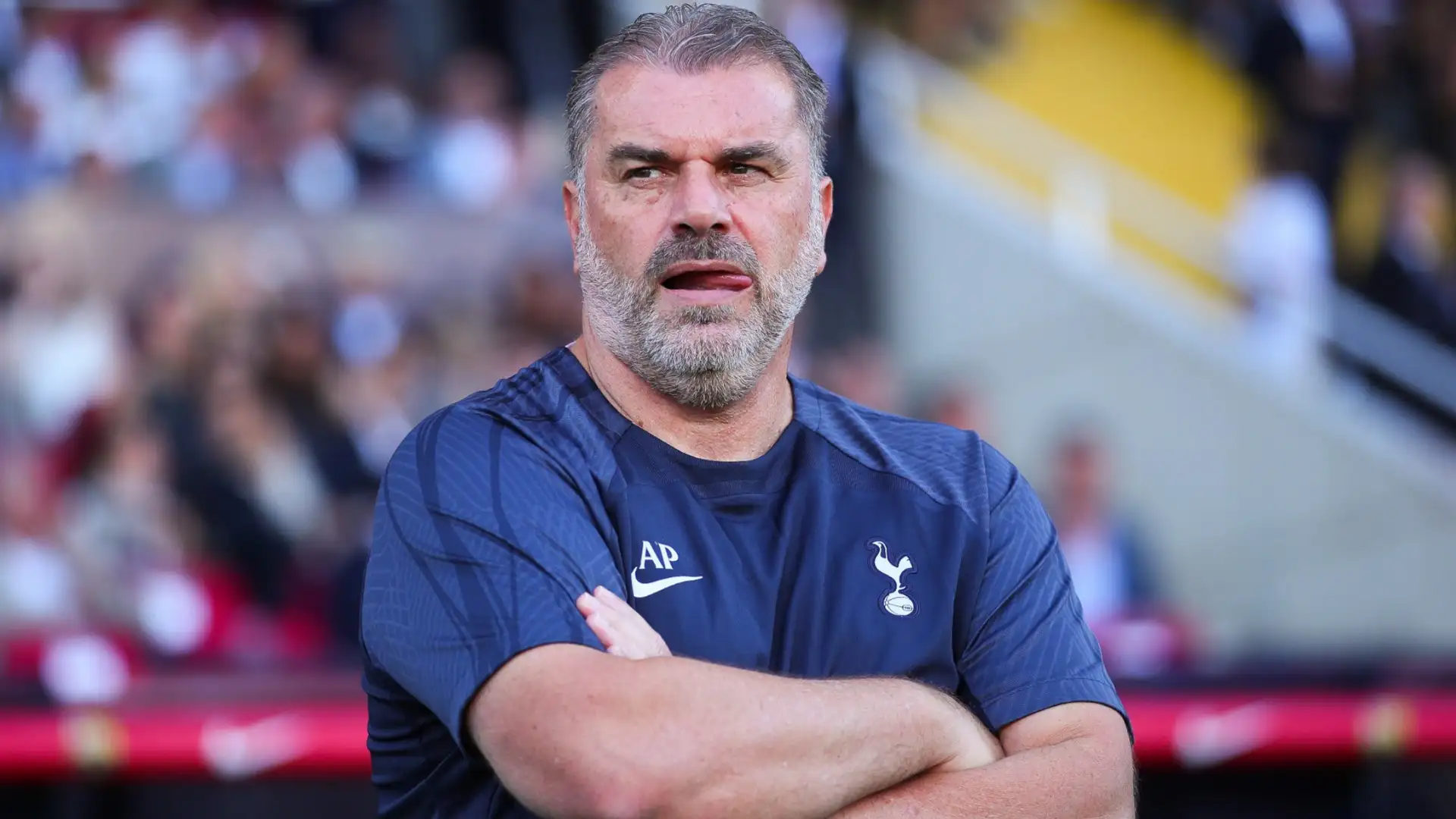Sports
Colorado Football: State Gridiron Legacy

Sports
The Evolution of Mexico Soccer: From Historic Triumphs to Modern Challenges

Football is the most popular sport in Mexico, soccer or otherwise internationally known as football and has had a long history that portrays the mexicos. The history of mexico soccer: the golden time and evolution of a team which became one of the strongest soccer teams of the continent. Going further deeper into analysis of the development of mexico soccer this article seeks to analyze or review the sides or aspects of mexico soccer in relation to history, today and tomorrow.
Historical Overview
The football reached Mexico towards the end of the nineteenth century when it became popular with immigrant influence with the locals. The first professional league was started much earlier in the form of the mexico Football League (LIGA MX) or Liga mexicana de Football that was formed in the year 1922. Organized on a regional level, the league was weak towards its financial side and did not have much development in infrastructure from the start, but it was becoming stronger and stronger each year.
The national team’s first important step was made during the 1970 when Mexico hosted the FIFA World Cup. The tournament became a great event in the history of the country, proving that Mexico can host international sports news of the highest level. Although failing to progress past the quarter final stage they held their own, which was seen as a testimony to Mexico’s budding soccer civilization.
Four years later, Mexico again got an opportunity of hosting the football event for the second time in 1986. This cup is full of dramatic sensations and decisive games and among them Argentina Diego Maradona’s ‘Hand of God’ and the ‘Goal of the Century’. The mexico team again showed its soccer mastery in the competition reaching up to the quarter final stage but not able to repeat its past performance and qualify for the semifinals.
Golden Generation s and Domestic Success
Mexican soccer was at its peak during the 1990s and early this century. Soccer clubs such as Club América, Chivas Guadalajara and Pumas UNAM dominated the domestic leagues while ‘mexico Talent’ started to come through to Europe leagues strong. A highly intense playmaker, Hugo Sánchez came to be among the most recognized players in world soccer and had a distinguished period in Spain’s La Liga with Real Madrid.
At the same time, the mexico national team also entered the world level of team footballing competitions. In the FIFA Confederations Cup held in Mexico in 1999 the national team emerged as the élite champions beating Brazil in the finals. This win established that Mexico was capable of imposing a fight against some of the giant teams globally.
The early 2000 domestic leagues also saw the Liga MX, the men’s football mexico domestic league, as one of the strongest leagues in the Americans. Some of the impacts developed from it include; As a result of competitively the league boosted and came with the discovery of new talented players from different countries hence; this improved soccer in the region.
Challenges and Setbacks
Relatively, Mexican soccer has been iconic; however, it has also experienced several issues. In world cup tournaments the national team has rarely been able to move to the next stage past the quarter final stage. This has been becoming a cycle which has caused people to criticize as well as demand a change for the organisms that oversee sports.
Like elsewhere on the globe, Mexico soccer has not been immune to acts of corruption and poor management across club and national teams. The actions like financial frauds, match-fixing and governance-related problems have from time to time disturbed the achievements of this sport. Measures have been taken to solve these challenges, which made reforms and enhanced transparency; nevertheless, the way to full confidence recovery prevails.
This is another major concern mainly related to development of soccer infrastructure that the country has been facing. In some regions the facilities are very modern while in others they still have problems associated with insufficient training arenas and equipment. This distorts the general quality and the growth of the young talents that could be produced especially in the demanding disciplines.
The Modern Era
Mexico soccer has since then continued developing especially in the production of young talents and improving the caliber of its local leagues in recent years. The mexico national soccer team commonly called “El Tri” has changed hands with the new crop of players breathing life into the games. Aleksandar Tufegdžić, Ollen, and Kosan Structural Engineering Engineering Merge: Moving Beyond ‘Conventional Wisdom’ 303 The synergy discovered with regards to players such as Hirving Lozano, Raúl Jiménez and Edson Álvarez when they joined European leagues coffee has to do with the stars that constitute the future of the mexico soccer team.
Liga MX currently maintains its competitiveness level and continues to be viewed as the premier league where several talented internationals are signed while also working as the launching pad for young players. Owing to increased membership, modernization and development of stadiums, adventurous Technologies in football broadcast particularly in league games increased the domestic and international popularity of the league.
The mexico Soccer Federation (FMF) has also put measures that seek to develop soccer in the country at the grassroots level. Efforts towards recruiting and growing talent, training and development of coaches and enhancing provision for player development so as to feed the professional leagues has been initiated.
Mexico Soccer: Choice and Challenge 2000–2010
Therefore, Mexico soccer has future directions that include the prospects and the issues of the game. The further development of soccer among novices and the successful nurturing of youth prospects will be a vital factor to decide the team’s future successes in further international
tournaments. These include the continuously changing infrastructure and improvement of governance, which will also be the factors that will define its future.
The prospect of the 2026 FIFA World Cup that will be hosted by Mexico alongside the United States and Canada can be seen as a beneficial opportunity for mexico soccer. This tournament will also serve not only as the opportunity to show the ability of the country to host a major global event but also as a chance for the existence of the national team to have a big influence on the world stage.
Conclusion
Mexico soccer can therefore be said to have evolved from one level to another from its humble starting point to being a force to reckon with in soccer. Some of these include Competition, Lack of sufficient capital, Government policies among others, they are all proven means that the goal of getting to the next level is achievable. In this way, different levels of mexico soccer will go as a constant process to establish new roots and aim at higher successes in the future.
Sports
Ange Postecoglou: The Man Redefining Tottenham Hotspur
Celebrity
Kobe Brown: A Rising NBA Talent
-

 News5 months ago
News5 months agoBrooke Tilli – Bio, Age, Relationships, Career, Net Worth, and Boyfriend
-

 Celebrity4 months ago
Celebrity4 months agoPedro Vaz Paulo: A Life of Redemption
-

 Celebrity4 months ago
Celebrity4 months agoBurak Deniz: The Turkish Heart-Throb
-

 Tech5 months ago
Tech5 months agoCloud Computing: Enabling IT Innovation
-

 News5 months ago
News5 months agoDefine a Offshore Accident Lawyer
-

 Tech4 months ago
Tech4 months agoSaaS Integration: Cloud-Based Software
-

 Business4 months ago
Business4 months agoJanitor AI: Future of Auto Maintenance
-

 News5 months ago
News5 months agoAI Deepfake Threaten to Global Elections. No One Can Stop Them.





